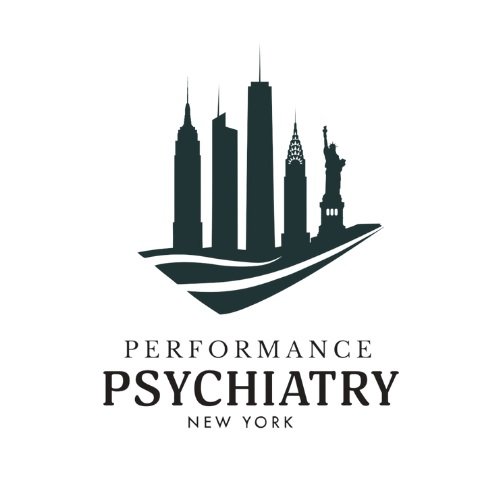Deconstructing Overwhelming Tasks: ADHD-Specific Approaches to Break Down Disorganization
For individuals with Attention Deficit Hyperactivity Disorder (ADHD), tackling overwhelming tasks can often feel like facing an insurmountable mountain. Disorganization, difficulty focusing, and the sheer magnitude of tasks can create significant challenges. However, with the right strategies, it’s possible to break down these tasks into manageable steps and achieve success. Let’s explore ADHD-specific approaches to deconstructing overwhelming tasks and fostering organization.
Understanding ADHD and Task Overwhelm
ADHD is characterized by symptoms such as inattention, hyperactivity, and impulsivity. These symptoms can make it challenging to start, stay on track, and complete tasks, especially when they seem large and unmanageable. The key is to break down tasks into smaller, more manageable parts and use strategies tailored to the ADHD brain.
Strategies for Deconstructing Overwhelming Tasks
Break Tasks into Smaller Steps: Divide large tasks into smaller, actionable steps. Instead of focusing on the entire project, concentrate on completing one small step at a time. This makes the task feel less overwhelming and provides a clear path forward.
Create a Visual Plan: Use visual aids such as mind maps, charts, or checklists to outline the steps involved in a task. Visual plans can help organize thoughts and provide a clear overview of what needs to be done.
Set Specific Goals: Define specific, measurable goals for each step of the task. For example, instead of "clean the house," set goals like "vacuum the living room" or "organize the kitchen counter." Specific goals make it easier to track progress and stay focused.
Use Timers and Alarms: Set timers or alarms to create structured work periods with built-in breaks. The Pomodoro Technique, which involves working for 25 minutes followed by a 5-minute break, can be particularly effective for maintaining focus and momentum.
Prioritize Tasks: Identify the most important and urgent tasks and prioritize them. Use tools like the Eisenhower Matrix to categorize tasks based on their urgency and importance, helping to focus on what truly matters.
Eliminate Distractions: Create a workspace free from distractions. This might involve turning off notifications, using noise-canceling headphones, or finding a quiet place to work. Minimizing distractions can help maintain focus and productivity.
Seek Accountability: Share your goals and progress with a trusted friend, family member, or coach. Accountability partners can provide encouragement, feedback, and a sense of responsibility, making it easier to stay on track.
Celebrate Small Wins: Acknowledge and celebrate each small accomplishment along the way. Celebrating progress boosts motivation and reinforces positive behavior, making it easier to continue tackling tasks.
Incorporating These Strategies into Daily Life
Start Small: Begin by applying these strategies to one task at a time. As you become more comfortable, gradually incorporate them into other areas of your life.
Be Consistent: Consistency is key to building new habits. Regularly using these strategies can help create a structured routine that supports organization and productivity.
Adjust as Needed: Experiment with different strategies to find what works best for you. Everyone’s experience with ADHD is unique, so tailor these approaches to fit your individual needs.
The Benefits of ADHD-Specific Approaches
Using ADHD-specific strategies to break down overwhelming tasks can lead to several benefits, including:
Reduced Stress and Anxiety: Smaller, manageable steps make tasks feel less daunting, reducing stress and anxiety.
Increased Productivity: Clear goals and structured work periods enhance focus and productivity.
Improved Organization: Visual plans and prioritized tasks provide a sense of order and clarity.
Enhanced Self-Esteem: Successfully completing tasks and celebrating small wins boosts confidence and self-esteem.
Seeking Professional Help
If disorganization and task overwhelm continue to impact your daily life, consider seeking support from a mental health professional. They can provide personalized strategies to manage ADHD and discuss the risks and benefits of therapy and medication.
Embrace Organization for a Balanced Life
Deconstructing overwhelming tasks using ADHD-specific approaches can transform your approach to organization and productivity. By breaking tasks into manageable steps and using tailored strategies, you can achieve your goals and create a more structured, balanced life.
Remember, the journey to better organization begins with small, intentional steps. Embrace these strategies, and watch as they help you navigate the challenges of ADHD, leading to a more organized and fulfilling life.

